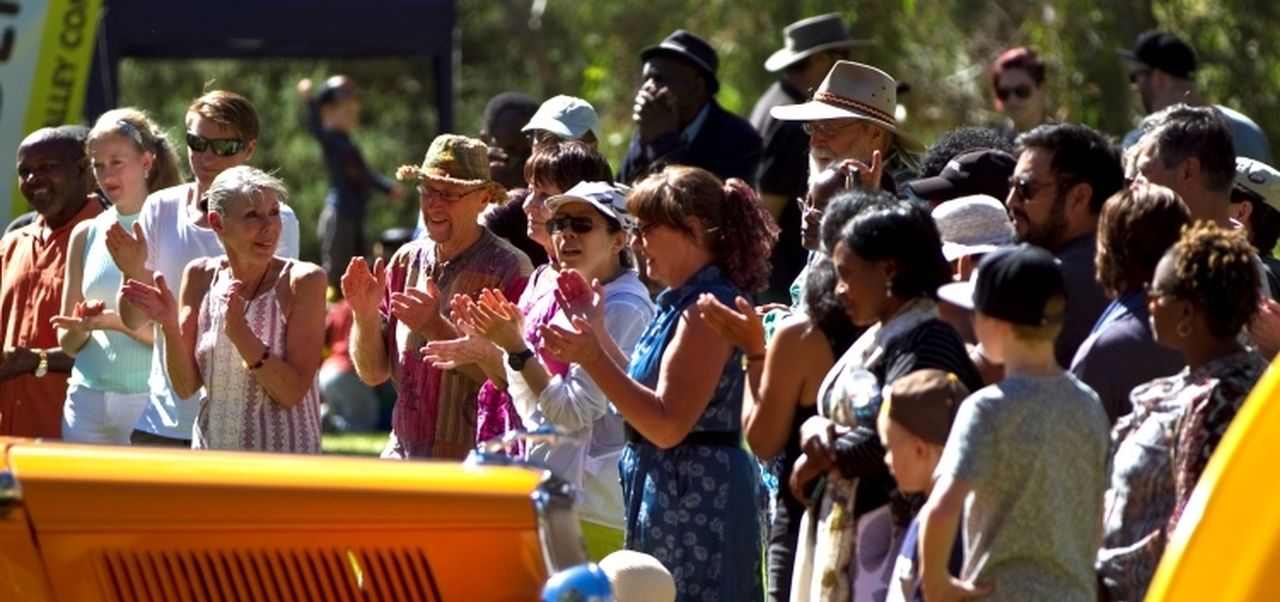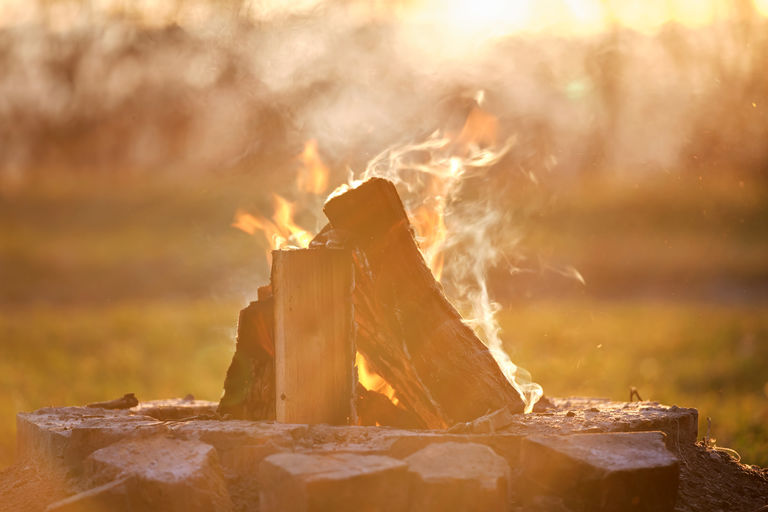If you are in a life-threatening emergency, call 000.
Current warnings
The Bureau of Meteorology (BOM) and ABC Emergency websites are great for finding current warnings. The BOM page gives updates on weather in South Australia and all over Australia. ABC Emergency has information on emergencies like bushfires, strong winds, storms, and floods. Both websites help you stay informed and safe.
Australian Warning System
The Australian Warning System is a new way to share important information during emergencies like bushfires, floods, storms, extreme heat, and severe weather.
Warnings tell you about dangers that are happening or might happen soon. They explain how these dangers could affect your community and give advice on what you should do.
There are three warning levels:

Advice (Yellow)
An incident has started. There is no immediate danger. Stay up to date in case the situation changes.
Watch and Act (Orange)
There is a heightened level of threat. Conditions are changing and you need to start taking action now to protect you and your family.
Emergency Warning (Red)
An Emergency Warning is the highest level of warning. You may be in danger and need to take action immediately. Any delay now puts your life at risk.
Bushfire critical information
The CFS is the best source of information for bushfires.
Never rely on just one source of information during an emergency, as technology can fail. It's important to be aware of multiple channels to stay updated.
The Alert SA app provides timely and relevant emergency information, including:
- New incidents and updates for fires in your area
- Advice and emergency warning messages
- Total fire bans issued for your area
Fire Danger Ratings
The Fire Danger Rating shows how severe a bushfire could become if one starts. It doesn't predict the chances of a bushfire happening but serves as an early alert to put your plans into action.
Knowing the Fire Danger Rating helps you evaluate your bushfire risk and decide what steps to take. The Bureau of Meteorology provides daily forecasts of this rating. The higher the rating, the more dangerous the fire conditions are likely to be.
The Australian Fire Danger Rating levels are:

Fire Danger Season
The Fire Danger Season generally runs from November to April. Check the CFS website for exact dates each year.
During the season, restrictions are placed on lighting fires and other activities to reduce the chance of bushfires starting.
Regulations
Regulations during this season apply to everyone to protect lives and property. Know and follow these rules, whether you're at home, on holiday, or in a national park.
Restrictions
Strict controls on lighting fires and using certain tools are in place during the Fire Danger Season. Permits for fire use or specific equipment can be issued, but only if necessary.
Permits
Permits are issued based on strict guidelines by the Adelaide and Mt Lofty Ranges Bushfire Management Committee. Permits for fire use or specific equipment may be issued under the Fire and Emergency Services Act 2005, but only if there is a direct risk to an asset.
Bushfire alerts messages
Three levels of alert messages can be issued in a bushfire, these are 'Bushfire Advice', 'Watch and Act' and 'Emergency Warning'
Messages are communicated through radio, the Alert SA app, via an email subscription, the CFS website, and the CFS Facebook and X accounts.
Take these messages seriously, consider the information carefully, and take action.
Heatwave critical information
The SES is the best source of information for heatwaves.
Heatwaves cause more deaths in Australia than any other natural disaster.
In South Australia, temperatures vary widely, so the State Emergency Service (SES) gives heatwave warnings for each area. These warnings range from mild to severe and can be found on the SES Warning List. During summer, the SES provides daily heatwave forecasts and summaries after 4 pm.
Storm and flood critical information
The SES is the best source of information for storms and floods.
For the latest information on current SES warnings, incidents, and sandbag collection locations, check their Incidents and Warnings Map. They also have an information hotline and an emergency number.
Electricity, phone and water outages
Other emergencies
Related pages
LIFELINE
Lifeline offers confidential crisis support 24/7. If you're in emotional distress or caring for someone in crisis, you can call, text, or chat with Lifeline. No matter your age, gender, ethnicity, sexual orientation, or religion, trained crisis supporters are ready to listen, support, and help you.



